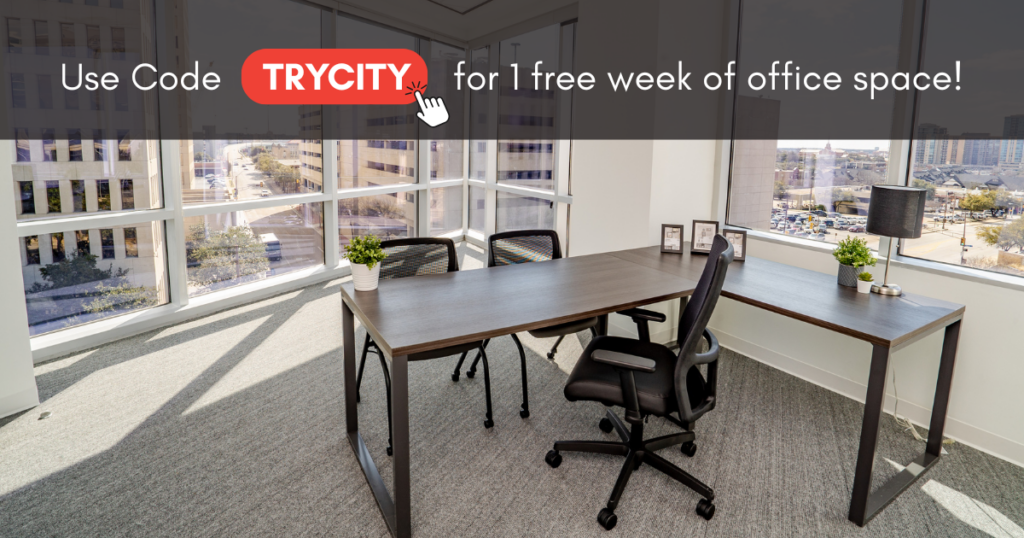The way we work is changing. With the rise of the gig economy, remote work, and flexible work arrangements, the traditional 9-to-5 office setup is no longer the only option. Coworking spaces have emerged as a popular alternative, offering a unique blend of community, flexibility, and amenities. But how do they stack up against traditional office spaces? In this post, we’ll explore each option to help you decide which one is right for your business.
Traditional Office Spaces: The Classic Choice
Traditional office spaces are what most people think of when they imagine a “typical” office. They’re usually leased or owned by a single company, and offer a more formal, structured work environment.
Pros:
- Control and Customization: With a traditional office space, you have complete control over the layout, design, and amenities. You can create a space that reflects your brand and culture.
- Security and Confidentiality: Traditional offices often have advanced security features, such as access controls and surveillance systems, to protect sensitive information and equipment.
- Professional Image: A traditional office space can project a more professional image, especially for businesses that require client meetings or need to maintain a formal atmosphere.
Cons:
- High Upfront Costs: Leasing or owning a traditional office space can be expensive, with high upfront costs for rent, utilities, and equipment.
- Long-Term Commitments: Traditional office leases often come with long-term commitments, making it difficult to scale up or down as needed.
- Limited Flexibility: Traditional offices can be inflexible, with limited options for remote work or flexible scheduling.

Coworking Spaces: The Flexible Alternative
Coworking spaces, on the other hand, offer a shared, flexible, and community-driven work environment. They’re perfect for freelancers, startups, and small to large businesses that need a professional space without the long-term commitments.
Pros:
- Flexibility and Scalability: Coworking spaces offer flexible lease terms, allowing you to scale up or down as needed. Explore CityCentral’s coworking options.
- Cost-Effective: Coworking spaces are often more affordable than traditional offices, with lower upfront costs and no long-term commitments.
- Community and Networking: Coworking spaces provide a built-in community of like-minded professionals, offering opportunities for networking, collaboration, and innovation.
- Security: Coworking spaces typically are located in buildings with security surveillance and/or supply their own security surveillance.
The Verdict: Which is Right for Your Business
So, which is right for your business? The answer depends on your specific needs, goals, and culture. If you need a more formal, structured work environment with complete control over the space and know you will be there long-term, a traditional office might be the way to go. However, if you’re looking for a flexible, cost-effective, and community-driven work environment, a coworking space could be the perfect fit.
According to a report by allwork, the coworking industry is expected to continue growing, with 30% of office space predicted to be coworking by 2030.
In today’s market, businesses have more options than ever when it comes to workspace solutions. Whether you choose a traditional office or a coworking space, CityCentral has a range of options to suit your needs. Contact us today to learn more.
